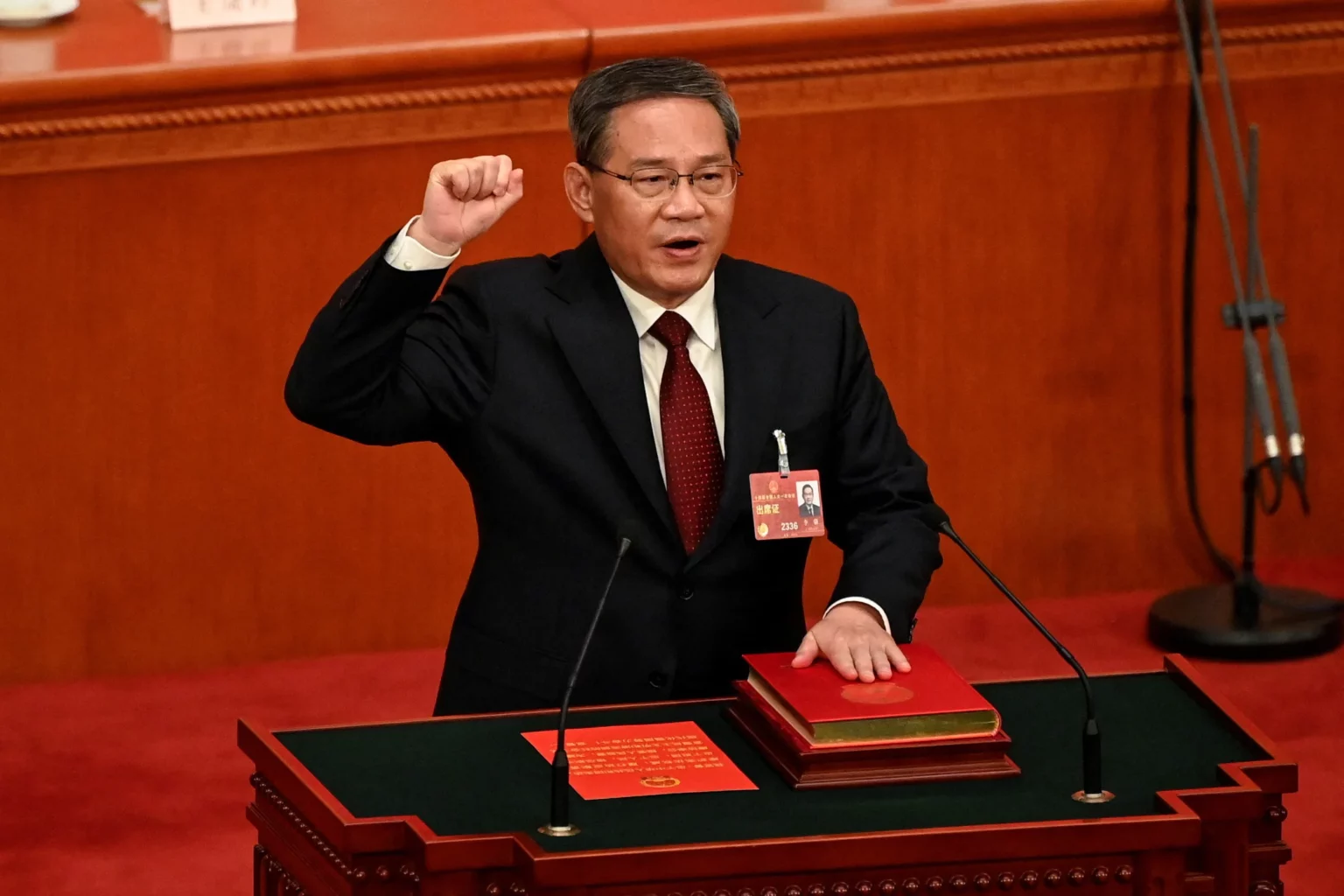In an era marked by shifting geopolitical landscapes and the redefinition of international alliances, China’s Premier, Li Qiang, has called for a cautious approach to prevent the escalation of a new Cold War, particularly in reference to the United States. His remarks came during high-level discussions among top Asian and US officials in Indonesia, shedding light on the importance of major powers effectively managing their differences.
Over the past years, China has expressed growing concerns about the emergence of US-supported alliances in its vicinity. Simultaneously, it has faced disputes with other regional powers, particularly in relation to the South China Sea.
Li Qiang’s message of diplomacy and restraint resonated during an ASEAN-plus-three meeting in Jakarta, where Japan and South Korea were among the participants. Addressing the complexities of international relations, he acknowledged that disagreements and disputes between nations could arise due to various factors. However, he emphasized the vital need to avoid aligning with one side, blocking confrontation, or entering into a new Cold War, all of which could exacerbate existing tensions.
These crucial meetings serve as platforms for diplomatic engagement between major powers and the Association of Southeast Asian Nations (ASEAN), offering an arena where rivalries and disputes can be managed.
Representing the United States at these discussions was Vice President Kamala Harris. Premier Li’s remarks echoed a warning issued by China’s Defence Minister, Li Shangfu, in June, cautioning against the formation of NATO-like alliances in the Asia-Pacific region. Instead, China advocated for “inclusive cooperation” over “small cliques.”
These diplomatic exchanges precede the 18-member East Asia Summit, featuring prominent figures like Russian Foreign Minister Sergei Lavrov, and the upcoming G20 summit in New Delhi, where discussions on broader geopolitical issues are expected to dominate the agenda.
Harris, during her meetings with ASEAN leaders, praised their commitment to international rules and norms while addressing regional concerns. Additionally, she announced the establishment of the first US-ASEAN center in Washington, signaling a heightened US engagement in the region.
Japanese Prime Minister Fumio Kishida and South Korean President Yoon Suk Yeol actively participated in both days of meetings. Yoon urged ASEAN leaders to abstain from cooperating with North Korea and called for an immediate cessation of any attempts at military collaboration with the reclusive state.
The discussions also included the matter of treated wastewater from the damaged Fukushima nuclear plant, a topic of concern between China and Japan.
In the coming days, ASEAN leaders are set to hold summits with Indian Prime Minister Narendra Modi, Australian Prime Minister Anthony Albanese, and United Nations Secretary-General Antonio Guterres.
The situation in Myanmar remained a significant topic at the summits, particularly given China’s diplomatic ties with the junta in Myanmar. Southeast Asian leaders strongly condemned violence and attacks on civilians in Myanmar, directly attributing blame to the junta.
Furthermore, China’s recent release of an official map claiming sovereignty over most of the South China Sea heightened tensions in the region, drawing strong criticism from neighboring countries. The ASEAN chair expressed concerns about activities in the disputed South China Sea but is expected to exercise diplomatic caution in confronting China directly, given the importance of maintaining relationships with major powers.
As global dynamics continue to evolve, Premier Li’s call for diplomatic prudence and dialogue takes on a heightened significance, highlighting the imperative need for diplomacy and strategic engagement in navigating an increasingly complex world.




